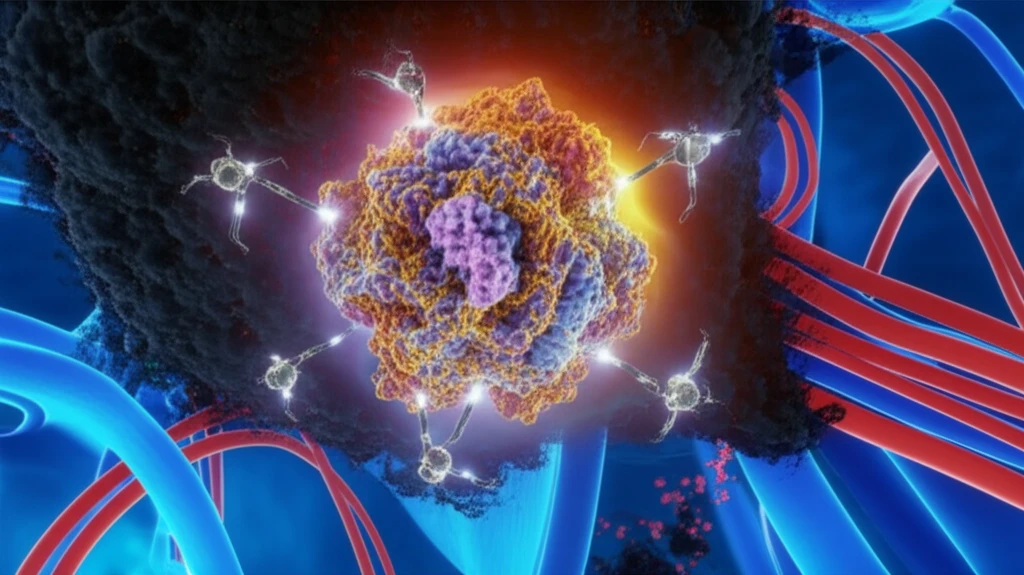
Decoding the Body's Defenders: How Scientists are Engineering New Ways to Fight Poisoning
"From Ancient Remedies to Modern Marvels: A Deep Dive into the Science of Detoxification and the Future of Protective Medicine."
In a world increasingly aware of environmental toxins and the potential for chemical threats, the quest for effective antidotes and protective measures is more critical than ever. The human body possesses remarkable natural defenses, but sometimes these defenses need a helping hand. This is where the science of detoxification, and specifically, the work of scientists engineering protective enzymes, comes into play.
One of the most promising areas of research involves the enzyme butyrylcholinesterase (BChE). Naturally present in our bodies, BChE plays a vital role in breaking down certain toxic substances. Researchers are now working to enhance and refine this enzyme, making it a potent shield against various poisons.
This article delves into the latest advancements in BChE research, focusing on innovative purification methods and the enzyme's potential to neutralize dangerous toxins. We'll explore the journey from basic scientific discovery to the potential for real-world applications, including protection against nerve agents and other harmful substances.
The Role of Butyrylcholinesterase: Nature's Detoxification Agent

Butyrylcholinesterase (BChE) is a naturally occurring enzyme in the human body, primarily found in the liver and blood plasma. Its primary function is to break down certain esters, which are chemical compounds found in various substances, including some toxins. This enzymatic action helps the body to detoxify itself, neutralizing harmful compounds before they can cause damage.
- Neutralizing Nerve Agents: BChE is particularly effective in breaking down nerve agents, which are highly toxic chemicals that disrupt the nervous system.
- Detoxifying Various Toxins: Beyond nerve agents, BChE can also help in detoxifying other harmful substances that enter the body.
- Scientific Focus: Research concentrates on refining BChE to optimize its performance and expand its range of action.
The Future of Detoxification and Protective Medicine
The ongoing research into butyrylcholinesterase purification and enhancement holds significant promise for the future of detoxification and protective medicine. As scientists continue to refine and improve this vital enzyme, the potential to safeguard human health against a wide range of toxins grows stronger. This is a crucial step forward in defending against both known and unforeseen threats, helping to protect human health in an increasingly complex world.
